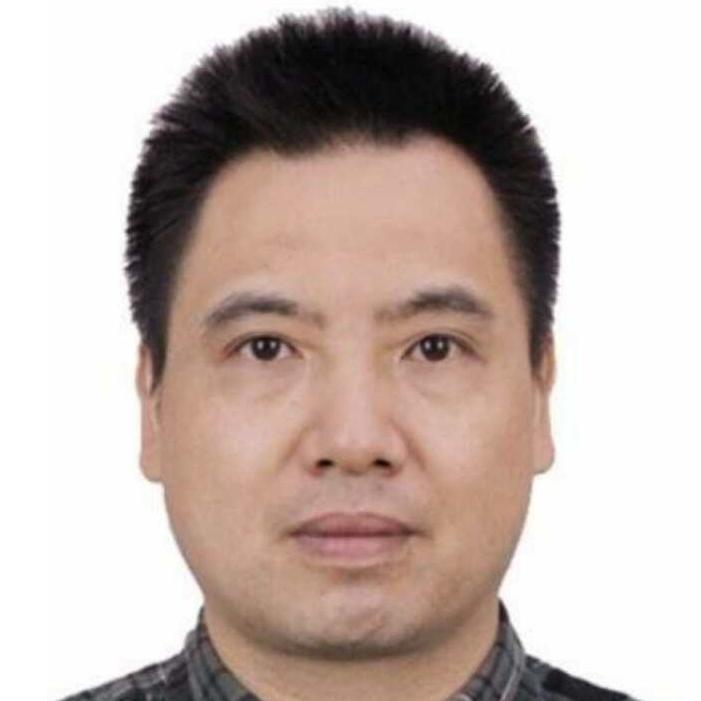Cross-Strait relations in 2016 can be divided into three distinct phases: cold peace, cold confrontation and cold turmoil. Tsai Ing-wen was sworn in as the leader of Taiwan on May 20, 2016, and the new Taiwan authorities refused to recognize the 1992 Consensus. As a result, cross-Strait relations changed from a state of cold peace to cold confrontation. On Sept 29, as chairperson of the Democratic Progressive Party (DPP), Tsia Ing-wen issued a letter to the party’s members in which she publicly called for resistance to pressure exerted by the mainland. This marked the turning point from cold confrontation to cold turmoil. The phone call between Tsai and US President-elect Donald Trump on Dec 2 worsened the cross-Strait situation and further intensified this state of cold turmoil. Such is the atmosphere of cross-Strait relations at the turn of the year.
Since Tsai Ing-wen came to power, cross-Strait relations have been characterized by fewer exchanges and cooler political relations despite strong economic ties. Without the common political foundation provided by the 1992 Consensus, communication between mainland’s Taiwan Affairs Office of the State Council and Taiwan’s Mainland Affairs Council, between the Association for Relations Across the Taiwan Straits and the Strait Exchange Foundation has ceased entirely, meaning all official communication channels have been broken. Due to the increased risks posed by the DPP in power, fewer mainland tourists are visiting Taiwan, which has adversely impacted people-to-people exchanges. Despite the efforts of some US personnel trying to build some new consensus between the two sides, the fact that the DPP and Tsai Ing-wen refuse to recognize the 1992 Consensus, the One-China Principle and even the reality that “cross-Strait relations are not state-to-state relations” means that their efforts have amounted to nothing, and the two sides remain in a state of cold confrontation. The Taiwan authorities have adopted the strategy of “delaying change” and “trading time for space”, while implementing Taiwan’s “justified transformation” strategy for defeating political opponents. Meanwhile, some people on the mainland have proposed the possibility of reaching some new consensus other than the 1992 Consensus. The Taiwan authorities seems to believe that so long as the mainland does not take drastic actions and talks can go on, the status quo in cross-Strait relations can be maintained, which will mean the success of their strategy. Thus it has been the practice of Taiwan authorities over the past year to propose topics for discussion in an attempt for “delaying changes” in the relations.
By so doing, the DPP will be able to avoid discussion of the 1992 Consensus while actually moving further away from the one-China principle in its actions. Tsai Ing-wen’s phone conversation with Donald Trump on Dec 2 was the most illustrative and climatic event involving Taiwan’s external relations this year. Undoubtedly, exchanges between Taiwan and the US, including some de facto official exchanges in the name of people-to-people exchanges, have been taking place all these years but such exchanges had never been carried out openly and using official names. Since New Year’s Day 1979, Taiwan’s leaders have naturally wanted to hold open meetings and discussions with US leaders, but none have dared, not even Lee Teng-hui or Chen Shui-bian. But Tsai Ing-wen did. This was a breakthrough, a provocation, an exception that damages the status quo.
US President-elect Trump’s public statements about this incident on Twitter reveal the new leader’s inclinations toward cross-Strait relations. Moreover, on Dec 23, President Barack Obama signed into law the National Defense Authorization Act for Fiscal 2017, which included for the first time a section on military exchanges with Taiwan. This also surpassed the threshold set by the interruption of diplomatic relations between the US and Taiwan in 1979, and means that top US officials and active military personnel may visit Taiwan, while top officials from Taiwan’s “Defense Ministry” may also visit the US. This bill allows the US military to conduct open and official exchanges with a separate authority inside a country that the US has official diplomatic relations with. This undermines the one-China principle and essentially restores the military alliance between the US and Taiwan.
Meanwhile, the Taiwan authorities have been working in a similar way on their relationship with Japan. Indeed, the Japan Interchange Association has announced that it is changing its name to the Japan-Taiwan Exchange Association at the start of next year. This marks the transition of relations from concealed to open and from civil to official, gradually, elevating the level of Japan-Taiwan relations, thus setting cross-Strait relations off on the wrong foot in the New Year.
In the near future, regardless of whether Trump’s cross-Strait remarks make their way into US policy, it is extremely likely that Sino-US relations will turn confrontational, and the US focus on China, which was interrupted by 9/11, will be resumed. The existing political and economic relationship and understanding concerning cross-Strait relations between China and the US may be affected, resulting in greater uncertainty. As such, there are many variables in cross-Strait relations in 2017.
The solution to the Taiwan issue lies outside of Taiwan. Cross-Strait relations in 2017 are only a part of the changing Sino-US relationship and reorganization of the global order. As far as the US is concerned, the key to “making America great again” lies at home, while the focus of its foreign interests is in the Middle East. The use of the dollar as the unit of account in the Middle East oil trade underpins dollar hegemony, and US control of the Middle East is crucial to its naval power. The US under Trump administration cannot win two regional wars at the same time. From a global strategic perspective, not only the US will be trapped in the Middle East, but also China is capable to making things difficult for the Trump administration in economy and other areas. Whether the mainland adopts a new political approach to cross-Strait relations will determine the future of the cross-Strait situation. It is in the interests of both the US and China, as well as the interests of Taiwan, to maintain the status quo. The key to stability in cross-Strait relations in 2017, therefore, is the cross-Strait policy of the United States.

